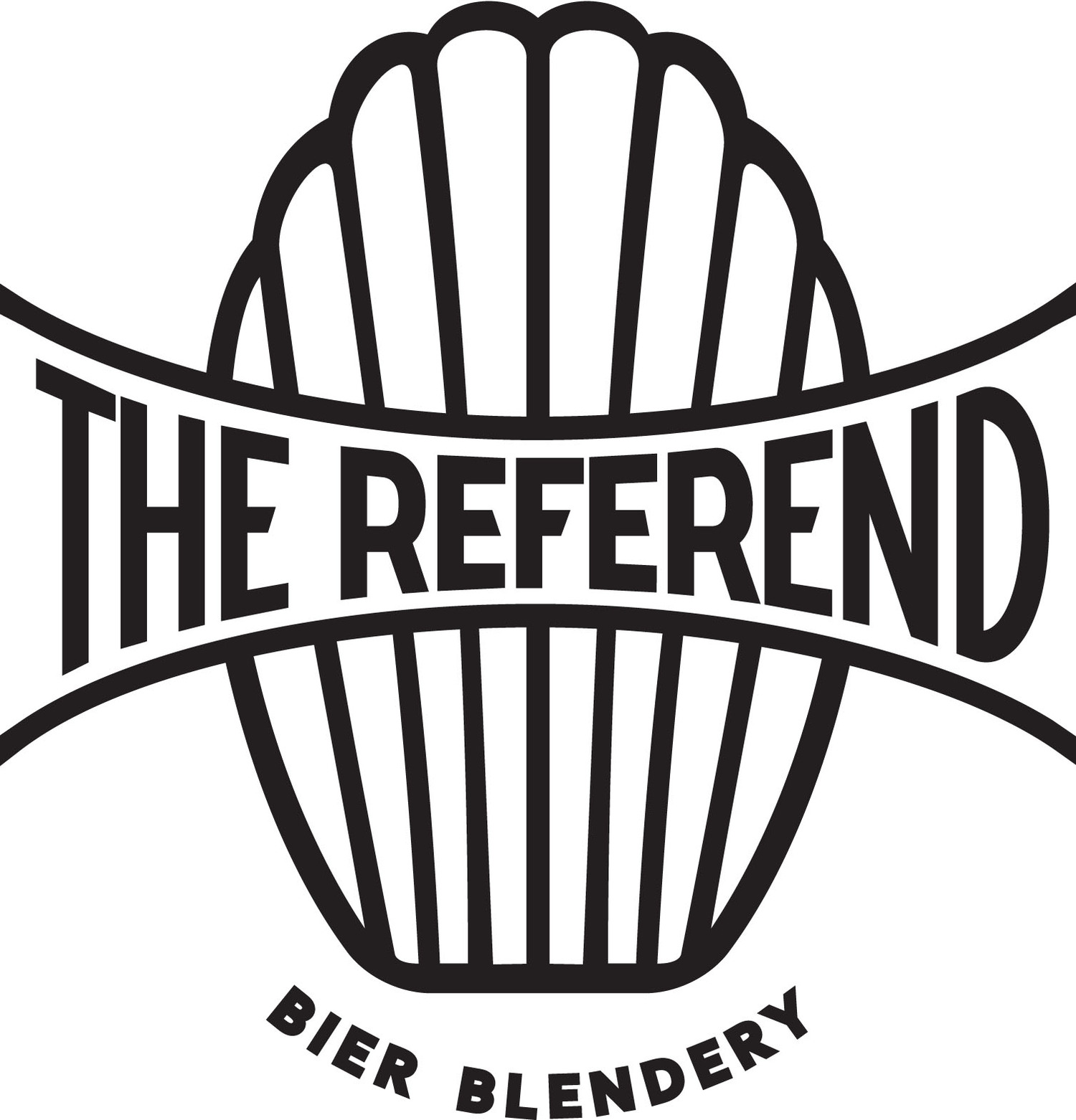Faro / Icewine / Eugene O'Neill
/In our Abstract page outlining our often lofty principles, we declaim our beers to be "unsweetened" and are here to request an exemption for our newest beer: The Iceman Cometh, a riesling icewine faro.
Testing the enormous gravity of the riesling ice wine juice and blending proportionally
Faros are traditional lambic beers with a misunderstood history. Today, the only universally true aspect of all that is purported to be faro is its characteristic sweetness, in stark contrast to the dryness of authentic lambic beers.
Author Jeff Sparrow, of the book Wild Brews, describes faro as "Essentially a blend of lambic and mars." Without getting too deeply mired in the similarly clouded mars/mais/meerts backstory, suffice it to say that our Berliner Messe beers are designed and named to be a hybrid of Berliner Weisse and Mars/Meerts. Thus, our faro base is comprised of a blend of Jung and Berliner Messe.
According to Brasserie Cantillon, their faro (a personal favorite) consists of:
“Lambic blended with caramel and candied sugar. This sweet beer should only be kept for 3 to 4 weeks because the added sugar results in a very active fermentation process which can make a bottle explode due to high CO2 pressure.”
In lieu of caramel or any type of traditional sugars, The Iceman Cometh receives its sweetness and its name from freshly pressed riesling icewine juice. Icewine is made, quite simply, by leaving the grapes on the vine far too long, in the coldest winegrowing regions of the world: first Germany, and the Alpine countries, now around the Great Lakes in the US and Canada.
What little is left of the grapes after the birds and the deer and the weather and the commercial impulse never to wait quite long enough have reduced the harvest, the grapes are picked in sub-freezing temperatures in the middle of the night, and immediately slow-pressed. It is not uncommon for a winemaker to work 30 hours straight to accomplish this task. The sugars resident in the grapes concentrate in the tiny unfrozen liquid remainder of the grape, and as such, the sugar levels of icewine grapes are roughly double what they would have been during the conventional autumn harvest. Yields are reduced to less than 20%.
Naturally, this human interaction with the extremes of nature have caught the imagination of other than just ourselves. CG Jung, in his Liber Novus, writes:
“a terrible cold had fallen from space, which had turned every living thing to ice. There stood a leaf-bearing but fruitless tree, whose leaves had turned into sweet grapes full of healing juice through the working of the frost
[...]
If you accept death, it is altogether like a frosty night and an anxious misgiving, but a frosty night in a vineyard full of sweet grapes. You will soon take pleasure in your wealth. Death ripens. One needs death to be able to harvest the fruit. Without death, life would be meaningless, since the long-lasting rises again and denies its own meaning. To be, and to enjoy your being, you need death, and limitation enables you to fulfill your being.”
Fittingly, the "Iceman" of Eugene O'Neill's famous play, is referred to within as "the Iceman of Death" and death is of central importance in nearly all of O'Neill's plays. Eugene O'Neill is of special interest to us, not only as one of eleven or fourteen (depending on how you account for nationality) American Nobel Laureates in Literature, nor because he was possibly expelled from Princeton after throwing "a beer bottle into the window of [then] Professor Woodrow Wilson" but also because of ties to The Sourlands.
“...the crossroads in the midland badlands of New Jersey, the Sourland Mountains...
Only picnickers and a few of the curious visit the old house now. The rotting roof of the long porch is falling awry. Windows are broken and missing and doors are ajar. There’s moss on the leaky roof, a roof that may be lower from all the indications than the one the playwright and the artist knew when one admitted that he “did a little writing” and the other [George Bellows] set up his easel to paint “the crookedest trees you ever saw.”
[...]
“Yes,” said Edgar Durling, the postmaster, “Gene should come back and see the old house now. It’s sort of like his plays, isn’t it?”
“Gene was a jolly sort of boy, as I remember him,” the postmaster recalled. “He was about nineteen or twenty when he was here that Winter and Spring of 1909. He used to laugh about being thrown out of every hotel down around Trenton—but I don’t know about that. I asked him once, when he was here in the post office, ‘Gene,’ I said, ‘what do you do, anyhow?’ And he answered, ‘Oh, I try a little writing—but I wouldn’t tell anybody.’”
If you're inclined, like myself, to look for that house, it isn't there. It was torn down in 1939, the year The Jersey Midlands was published, the year The Iceman Cometh was written.
It still stands in service of the long, storied history of The Sourlands, as do we, as does this beer.
Failing at Jung's admonishment, "Do not be greedy to gobble up the fruits of foreign fields. Do you not know that you yourselves are the fertile acre which bears everything that avails you?" while picking up icewine juice in Niagara-on-the-Lake, Canada.




